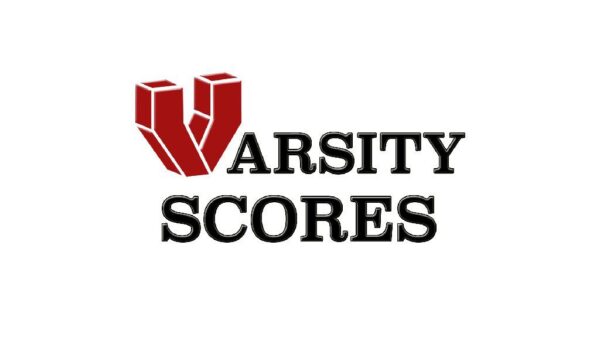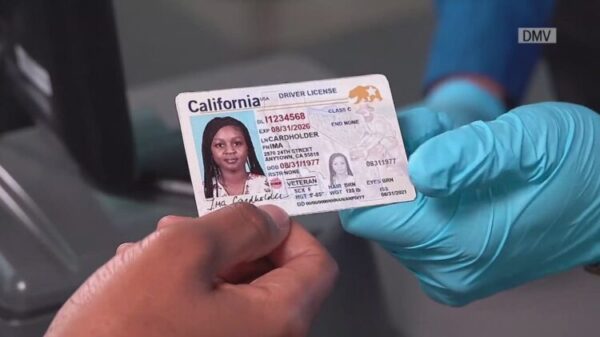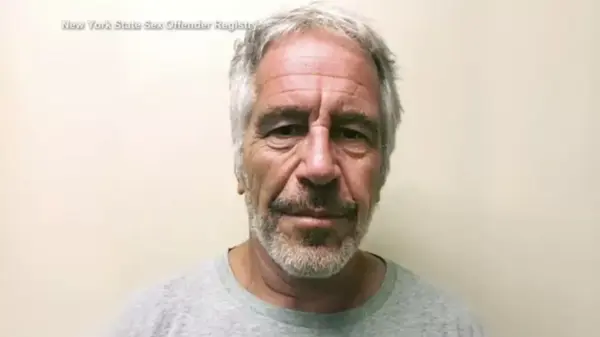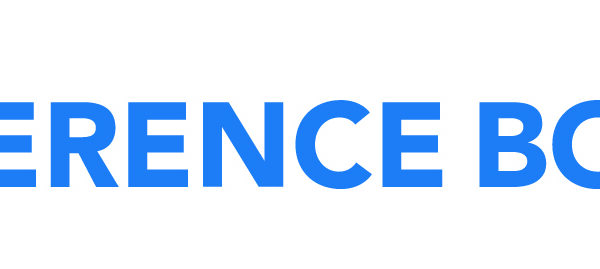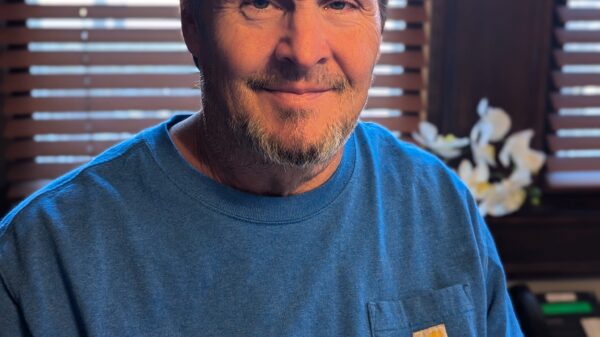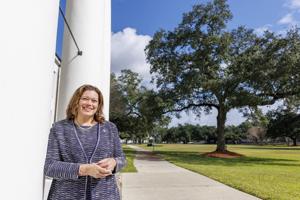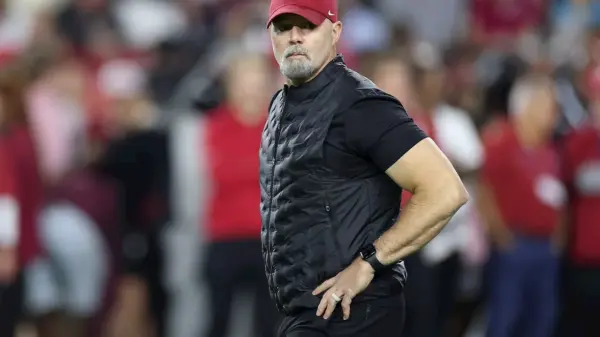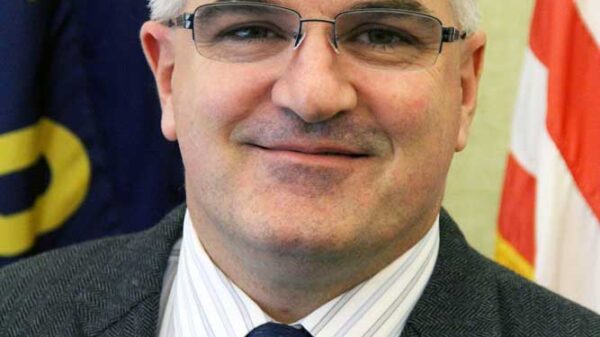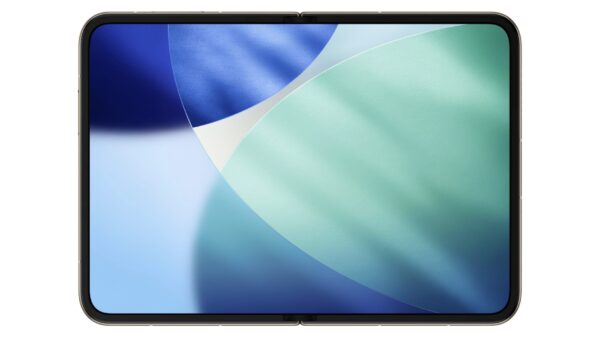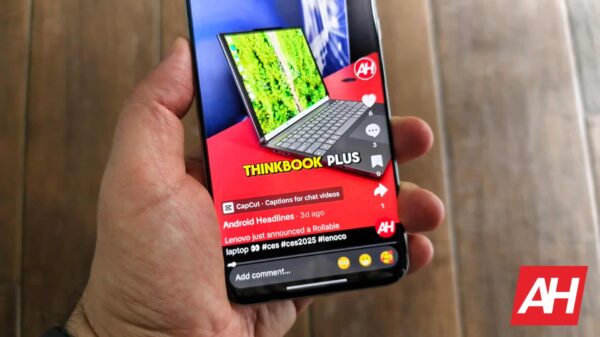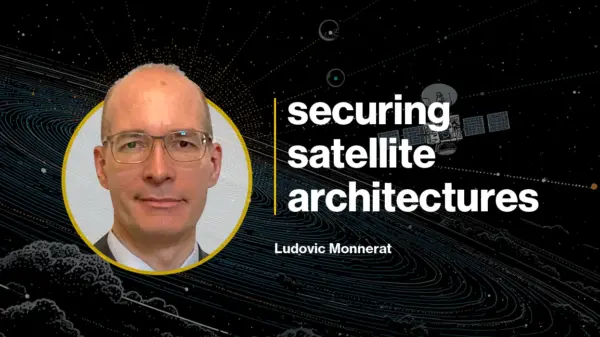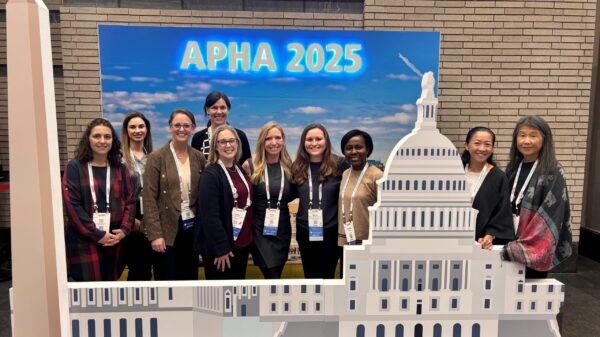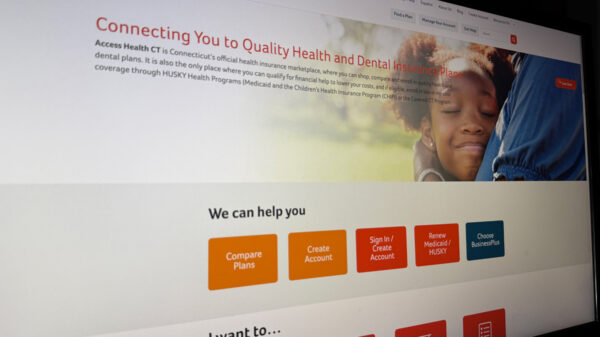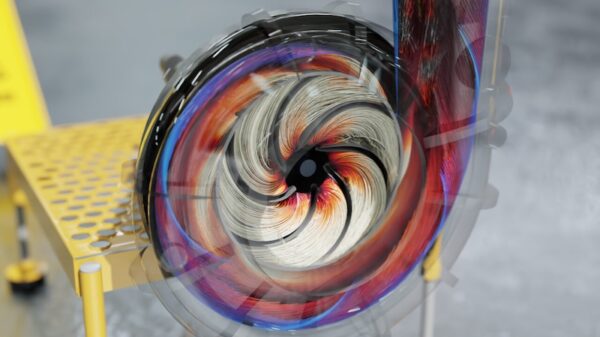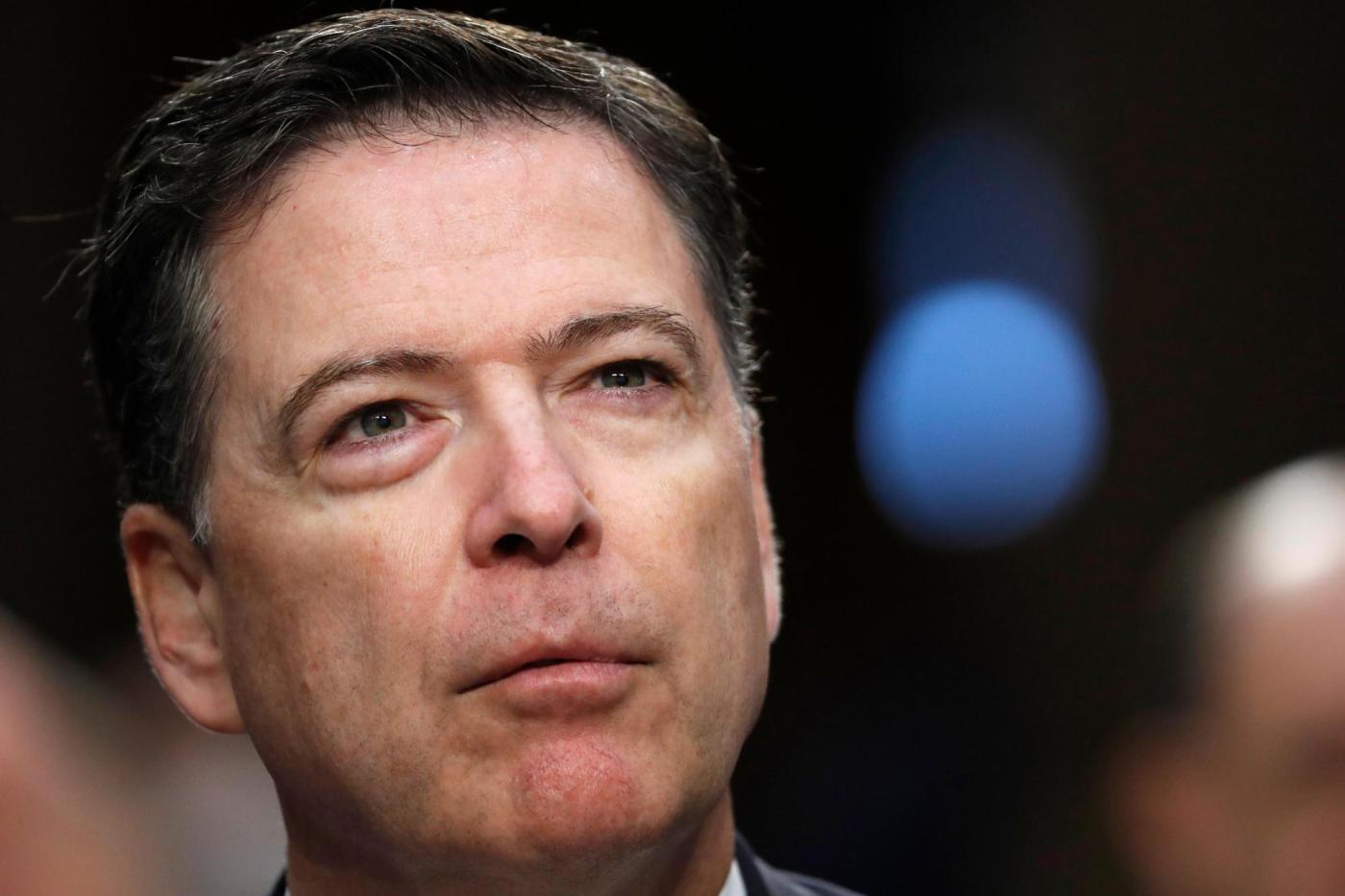Former FBI Director James Comey expressed confidence that Hillary Clinton would win the 2016 presidential election, according to emails obtained by prosecutors in his ongoing criminal case. In an exchange dated October 2016, Comey shared his thoughts with Daniel Richman, a law professor at Columbia University and former adviser, indicating that a future president-elect Clinton would appreciate his actions regarding the investigation into her private email server.
In the email, Comey referred to a letter he sent to Congress a few days prior, which detailed findings from the FBI’s investigation into Clinton’s use of a private email server during her tenure as Secretary of State. Richman had proposed writing an opinion piece for The New York Times discussing Comey’s obligation to maintain “absolute candor” with Congress. He emphasized the importance of Comey’s credibility in any potential congressional inquiries.
Comey’s response to Richman reflected a sense of resignation. He reportedly stated, “No need. At this point it would be shouting into the wind. Some day they will figure it out.” He acknowledged that his decision would be appreciated by a future president-elect Clinton, although he clarified that this was not his motivation for acting.
The email exchange also highlighted Comey’s frustrations with media coverage surrounding the investigation. He indicated that a reporter from The New York Times, identified as “Mike S,” misunderstood the implications of his public statements about the Clinton case. Comey expressed disbelief at the media’s struggle to grasp the situation, stating, “Why is this so hard for them to grasp?”
Comey’s remarks underscore his belief that the FBI had no choice but to act transparently in this instance, insisting that “inactivity was not an option here.” He emphasized the critical nature of the decision to either reveal information or conceal it.
The relevance of these emails has come to light in the context of Comey’s current legal challenges. Prosecutors have indicted him, alleging he lied to Congress and obstructed a congressional proceeding. Comey has consistently denied these charges.
In a related discussion with Senator Ted Cruz in September 2020, Comey stated he had not authorized anyone to disclose information to the press regarding the Clinton investigation or an inquiry into then-President Donald Trump. Nonetheless, the jury found that Comey did permit someone, likely former Deputy Director Andrew McCabe, to act as an anonymous source for the media.
The implications of these communications and their timing during a pivotal election period continue to resonate as legal proceedings unfold. As the case develops, the public and lawmakers alike remain attentive to the ongoing narrative surrounding Comey and the events that transpired during the 2016 election cycle.
The contents of Comey’s emails are part of the documentation submitted by prosecutors in response to his motion to dismiss. The judicial process will further clarify the circumstances under which these communications were made and their potential impact on the political landscape.


